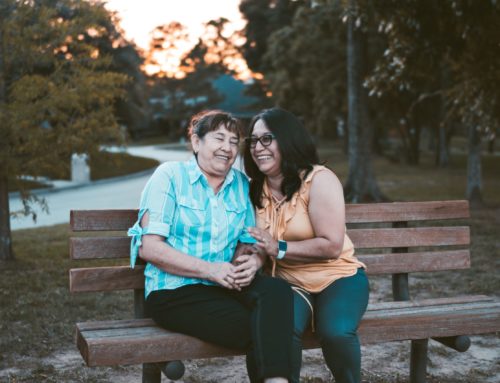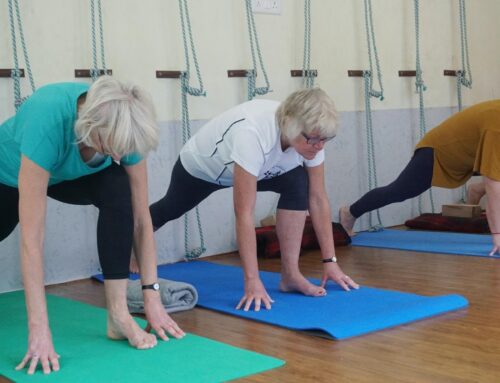Discovering a loved one has been diagnosed with cancer can be emotionally devastating. While everyone processes this news in different ways, remaining optimistic and supportive is the best support you can offer to your loved one during their journey to recovery.
Naturally, you want to help your loved one but understanding exactly what to do can be challenging.
https://www.youtube.com/watch?v=1pymT3pqeso
Surgery, radiation and chemotherapy, can take their toll on your loved one as well as absorbing enormous amounts of time and energy. Here are five ways to lend a hand without overstepping any boundaries.
Allow Them To Determine When They Want To Talk About It
One of the most common frustrations amongst cancer patients is the dread feeling that their diagnosis has taken over their identity as well as their life. There will be days where your loved one isn’t feeling well enough to do everyday tasks, however, they are still a person and not just a medical condition.
It’s important to keep your relationship normal rather than allowing their diagnosis to dominate every conversation. Small doses of normalcy are a timely reminder that hope is not lost and they retain their individuality.
Listening Is Good
Unless you can lay claim to advanced oncology expertise, odds are your loved one doesn’t expect you to provide all the answers. What they need more than anything, is someone to share their experiences with and confide in about what they’re going through. You don’t need to completely understand what they’re experiencing just being there at their side is all they need. Demonstrate your support by listening and reminding them how much you care, rather than chipping in with unsolicited advice or solutions.
Help Out
The mental and physical stress of undergoing cancer treatment can make it difficult to cope with everyday speed bumps. Many loved ones find asking for help difficult. Helping out with even the small daily tasks like running errands, making dinner or childcare can provide your loved one with the support they need. Moreover, your help won’t go unnoticed.
Become Your Loved One’s Treatment “Buddy”
One or two-hour waits to see a doctor or receive radiation and radiotherapy treatments are common, while chemotherapy infusions can last even longer. Having a treatment buddy along can take the loneliness out of the countless doctor visits, tests, screenings and treatment sessions. Similarly, having a second person in the exam room to take notes and ask questions can be helpful, as many loved ones find it difficult to take in everything the physician is saying. Also, many treatments leave patients too drained to drive, so a “personal chauffeur” takes some of the grind out of treatment sessions.
Educate Yourself
A useful way to support your loved one’s recovery is by researching and educating yourself about their condition. As well as demonstrating your solidarity, this will help prepare you to provide care and support for them. Understanding potential symptoms, treatments and side effects your loved one could experience, will equip you to support your loved one through what’s to come.
Final Observation
There are so many ways to demonstrate your loyalty, love and compassion to a loved one with cancer. Following these simple tips can help you show your loved one you’re in their corner without embarrassing them or causing them additional frustration or stress.
If you would like to find out more about our Cancer Support programs, please get in touch with us at: [email protected].




